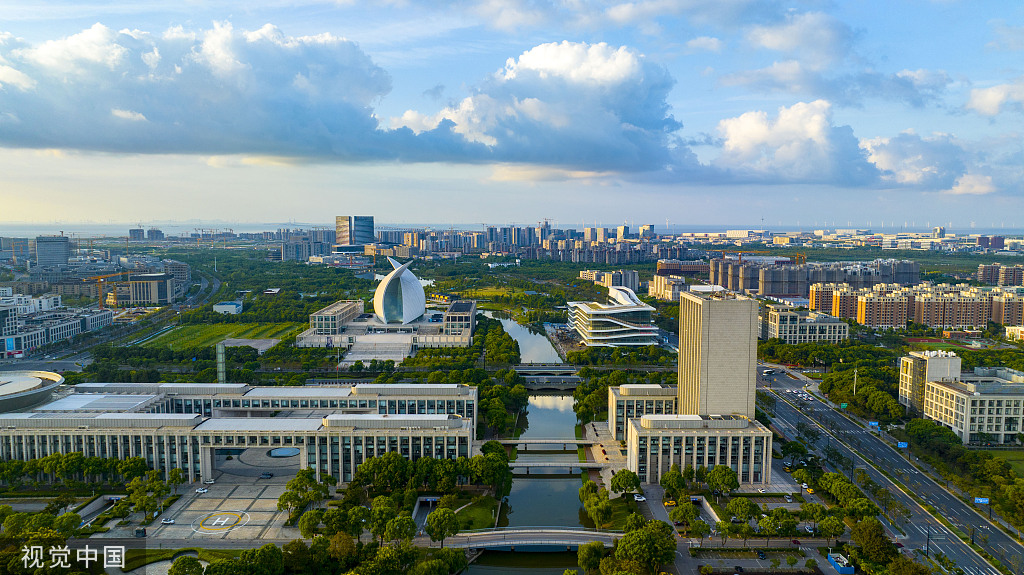Authorities are emphasizing the need for increased collaboration among APEC economies, urging a stronger focus on practical and substantial cooperation among small and medium-sized enterprises (SMEs) within the Asia-Pacific Economic Cooperation framework. Xu Xiaolan, the Vice-Minister of Industry and Information Technology, called for a steadfast commitment to fostering economic integration in the Asia-Pacific region while championing new avenues for SME growth.
During the opening ceremony of the 12th APEC Small and Medium Enterprises Technology Conference and Fair in Qingdao, Shandong province, Xu emphasized the importance of leveraging the APEC mechanism. He highlighted the significance of implementing the APEC Putrajaya Vision 2040, with a specific emphasis on priority areas for SMEs. This includes unlocking the potential of these enterprises for job creation, enhancing support for young and female entrepreneurs, offering entrepreneurial guidance, financial support, training, and market resources. Xu also stressed the importance of creating a conducive environment to facilitate inclusive development in the Asia-Pacific region.
Xu advocated for strong support for the specialized and innovative development of enterprises while promoting digitalization and green transformation. He noted that over 103,000 specialized and innovative SMEs have been nurtured in China, playing a crucial role in bolstering the resilience and stability of industrial and supply chains.
Teten Masduki, the Minister of Cooperatives and SMEs of Indonesia, emphasized the need to establish an international cooperation mechanism to enhance supply chain synergies among APEC economies. This collaboration is seen as crucial to supporting SME development, strengthening business competitiveness, increasing internationalization, and improving SME partnerships in international trade. Masduki expressed hope for collaboration between Indonesia and China to empower SMEs through technology for economic growth.
Ana Maria Choquehuanca, the Minister of Production of Peru, acknowledged the cooperative spirit within APEC economies. She highlighted Peru’s commitment to implementing the circular economy and stressed the vital role of SMEs in achieving this objective. Choquehuanca expressed the need for synergies with China and APEC economies to build platforms for SMEs, enabling them to leverage new technologies, trade innovative products, and actively participate in global value chains.
The ongoing conference and fair, co-hosted by the Ministry of Industry and Information Technology and Shandong province, has brought together representatives from 21 APEC member economies and those involved in the Belt and Road Initiative. With over 1,600 participating overseas and local companies, the event aims to facilitate international cooperation and explore ways to drive digital innovation for SMEs. Oh Kee-woong, the Vice-Minister of SMEs and Startups for the Republic of Korea, underscored the timeliness of the event, emphasizing the increasing need for digital transformation across all sectors amid the Fourth Industrial Revolution. He stressed the importance of SMEs harnessing digital technologies to enhance productivity and grow into resilient businesses.
















